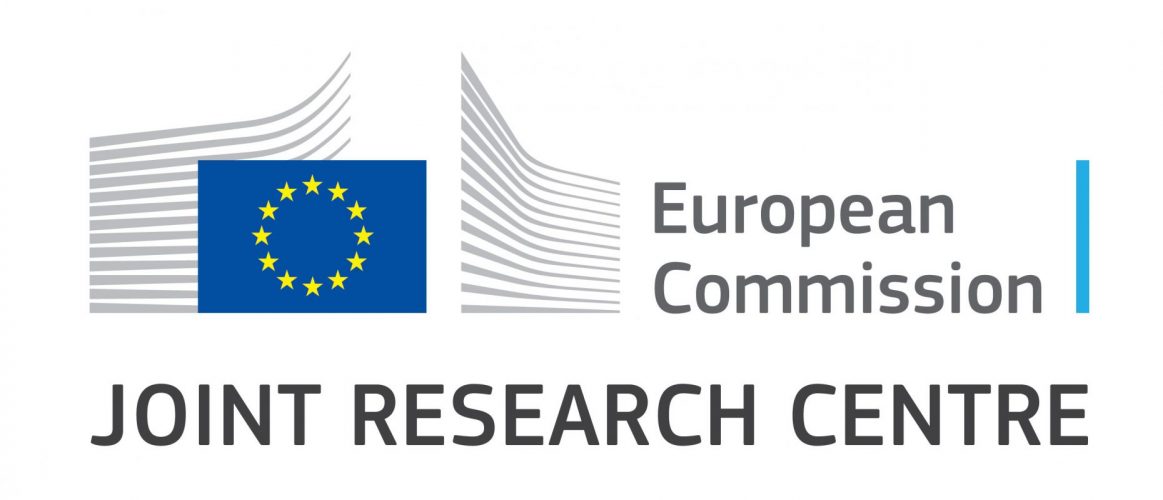
JRC B2 Seminar: “Ensuring a just energy transition: a distributional analysis of diesel tax reform in Spain with stakeholder engagement” – Eva Alonso-Epelde y Manuel Tomás
Xoves, 15 de Decembro ás 15:00 H (CET)
SEMINARIO ONLINE: Link
- Código de acceso no ordenador: rmJKBJm$782
- Código de acceso telefónico: 76552560
Abstract
In Spain, the increase of the tax on diesel has sparked passionate debates. Arguments against it stressed its potential adverse effects on the economy and society. In this paper, we shed light on the distributional impact of raising the excise tax on diesel to the same level as on gasoline for final consumers and various compensation schemes jointly designed with several stakeholders. Results confirm that raising the diesel tax without offsets would have slightly regressive effects, with rural and middle-income households being the most affected in relative terms. However, the effects become progressive when the co-designed offsetting schemes are implemented.
Speaker
Eva Alonso-Epelde is a researcher from the Basque Centre for Climate Change (BC3). Her research is focused in the field of energy transition to a low-carbon economy. She is currently developing her PhD in socioeconomic assessment of climate policies with gender perspective.
Manuel Tomás is a researcher at the Basque Centre for Climate Change and is developing his Ph.D. Thesis in Economics at the University of the Basque Country. Before that, he worked as an Associate Lecturer at the University of Castilla-La Mancha. His research focuses on modelling consumer behaviour using different economic models to assess the macroeconomic, distributional, and environmental effects of energy and climate policies.
Abstract
In Spain, the increase of the tax on diesel has sparked passionate debates. Arguments against it stressed its potential adverse effects on the economy and society. In this paper, we shed light on the distributional impact of raising the excise tax on diesel to the same level as on gasoline for final consumers and various compensation schemes jointly designed with several stakeholders. Results confirm that raising the diesel tax without offsets would have slightly regressive effects, with rural and middle-income households being the most affected in relative terms. However, the effects become progressive when the co-designed offsetting schemes are implemented.
Speaker
Eva Alonso-Epelde is a researcher from the Basque Centre for Climate Change (BC3). Her research is focused in the field of energy transition to a low-carbon economy. She is currently developing her PhD in socioeconomic assessment of climate policies with gender perspective.
Manuel Tomás is a researcher at the Basque Centre for Climate Change and is developing his Ph.D. Thesis in Economics at the University of the Basque Country. Before that, he worked as an Associate Lecturer at the University of Castilla-La Mancha. His research focuses on modelling consumer behaviour using different economic models to assess the macroeconomic, distributional, and environmental effects of energy and climate policies.
